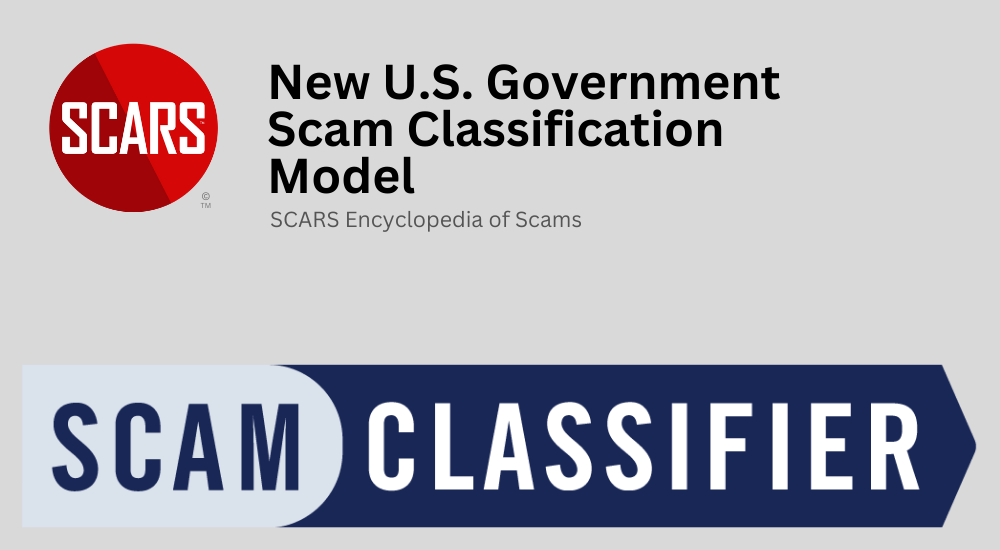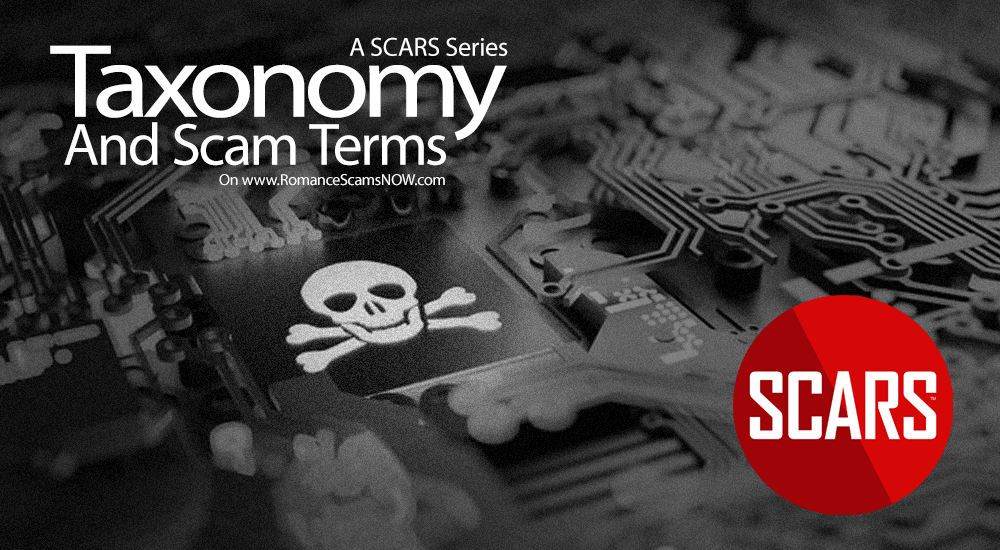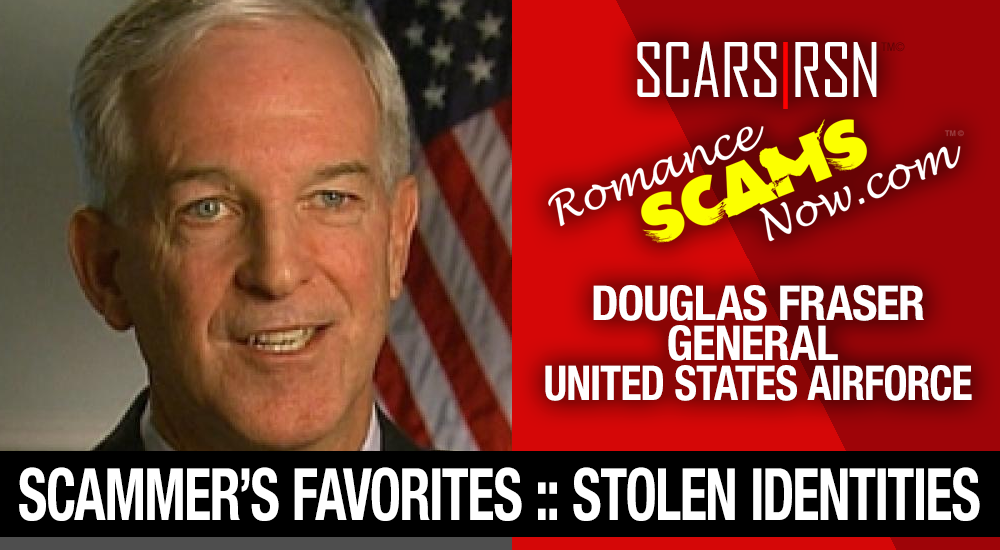
SCARS Institute’s Encyclopedia of Scams™ Published Continuously for 25 Years

Facebook Now Competes With Western Union and MonneyGram
This means Scammers will soon be switching to Facebook Money Transfers and You Are Screwed!
Facebook recently launched a new money transfer service through Facebook Messenger. It’s not bad enough that they want to know everything about your whole life, now they want their fingers in your bank account too!
What this means is that you can easily transfer money via Facebook from anyone to anyone that has a profile on Facebook. You would think that would add a whole new layer of protection? Wrong. It is far worse than Western Union or MoneyGram.
W U & MoneyGram both require that money be transferred from a REAL PERSON to a REAL PERSON. The person that receives it must show valid identification. Not really true with Facebook. All they have to have is a debit card, ANYBODY’s DEBIT CARD. While in the case of real law enforcement they can trace the money transaction to a real person, you can’t. All you will know will be their Facebook profile name.
There is also NO RECOURSE once you send the money transfer with Facebook. You cannot do a refund request if it turns out to be a scammer. In that regard, it is just like Western Union and MoneyGram. There is only one Money Transfer Service that does protect you, and that is PayPal. Of course scammer victims know none of this, and don’t really care because their heads are in the clouds and obviously not thinking things through.
According to Facebook:
You can send or receive money in Messenger (ex: send your friend $10 for lunch or receive $500 from your roommate for rent) after you add a debit card issued by a US bank to your account and install the latest version of Messenger. Once you add a debit card, you can create a PIN to provide extra security the next time you send money.
You can send or receive money in Messenger if you and your friend:
- Live in the United States
- Are at least 18 years old
- Add a Visa or MasterCard debit card issued by a US bank to your accounts
- Set your preferred currency to US dollars
- Aren’t disabled from sending or receiving money on Facebook
You can send or receive money in Messenger using a Visa or MasterCard debit card issued by a US bank. We currently use debit cards so we can deposit the money you receive into your bank account. Keep in mind you should never give anyone your payment info in Messenger.
We currently don’t support the following payment methods:
- Credit cards
- Prepaid cards (ex: Google Wallet, H&R Block Emerald)
- Reloadable prepaid cards
- PayPal
- Government-issued bank cards for Social Security, Medicare, Medicaid, unemployment or disability
- Preloaded health care flexible spending cards
Once you’ve added a debit card issued by a US bank to your account, money is transferred right away, but your bank may take up to 5 business days to make it available to you.
If you’ve been sent money but it hasn’t appeared in your account after 5 business days, try contacting your bank by calling the number on the back of your debit card.
Can I cancel money after I send it in Messenger?
No, you can’t cancel money after you send it in Messenger.
If you accidentally send money to someone in Messenger, you can:
- Ask them to send the money back.
- Ask them to decline the money if they haven’t added a debit card to their account yet. If the payment isn’t accepted after 7 days, it’ll be automatically canceled.
- Require a password/PIN each time you send money so you can review your transaction before sending.
What information is shared when I send or receive money in Messenger?
When you send or receive money in Messenger, only the dollar amount and your name and profile photo are shared between you and your friend. After a payment is made, you can check your payment history to track who you’ve sent or received money from.
Our Advice
Periodically check the Facebook page of your family members, and look to see if they have payments enabled. If so disable it, unless you routinely send money to your own family. The reason Facebook did this was that they wanted to make it easy for parents to send money to children, Grandparents, etc. It is a great idea, that you can send money without fees for birthday presents, and more. Unfortunately, it is one of those “be careful what you wish for” scenarios, and the scammers will soon start using it once they understand that it is even more anonymous than Western Union.
Want To Learn More?
The learn more about Facebook Messenger Money Transfers click here »
-/ 30 /-
What do you think about this?
Please share your thoughts in a comment below!
LEAVE A COMMENT?
Recent Comments
On Other Articles
- velma faile on Finally Tax Relief for American Scam Victims is on the Horizon – 2026: “I just did my taxes for 2025 my tax account said so far for romances scam we cd not take…” Feb 25, 19:50
- on Reporting Scams & Interacting With The Police – A Scam Victim’s Checklist [VIDEO]: “Yes, this is a scam. For your own sanity, just block them completely.” Feb 25, 15:37
- on Danielle Delaunay/Danielle Genevieve – Stolen Identity/Stolen Photos – Impersonation Victim UPDATED 2024: “She goes by the name of Sanrda John now” Feb 25, 10:26
- on Reporting Scams & Interacting With The Police – A Scam Victim’s Checklist [VIDEO]: “So far I have not been scam out of any money because I was aware not to give the money…” Feb 25, 07:46
- on Love Bombing And How Romance Scam Victims Are Forced To Feel: “I was love bombed to the point that I would do just about anything for the scammer(s). I was told…” Feb 11, 14:24
- on Dani Daniels (Kira Lee Orsag): Another Scammer’s Favorite: “You provide a valuable service! I wish more people knew about it!” Feb 10, 15:05
- on Danielle Delaunay/Danielle Genevieve – Stolen Identity/Stolen Photos – Impersonation Victim UPDATED 2024: “We highly recommend that you simply turn away form the scam and scammers, and focus on the development of a…” Feb 4, 19:47
- on The Art Of Deception: The Fundamental Principals Of Successful Deceptions – 2024: “I experienced many of the deceptive tactics that romance scammers use. I was told various stories of hardship and why…” Feb 4, 15:27
- on Danielle Delaunay/Danielle Genevieve – Stolen Identity/Stolen Photos – Impersonation Victim UPDATED 2024: “Yes, I’m in that exact situation also. “Danielle” has seriously scammed me for 3 years now. “She” (he) doesn’t know…” Feb 4, 14:58
- on An Essay on Justice and Money Recovery – 2026: “you are so right I accidentally clicked on online justice I signed an agreement for 12k upfront but cd only…” Feb 3, 08:16
ARTICLE META
Important Information for New Scam Victims
- Please visit www.ScamVictimsSupport.org – a SCARS Website for New Scam Victims & Sextortion Victims
- Enroll in FREE SCARS Scam Survivor’s School now at www.SCARSeducation.org
- Please visit www.ScamPsychology.org – to more fully understand the psychological concepts involved in scams and scam victim recovery
If you are looking for local trauma counselors please visit counseling.AgainstScams.org or join SCARS for our counseling/therapy benefit: membership.AgainstScams.org
If you need to speak with someone now, you can dial 988 or find phone numbers for crisis hotlines all around the world here: www.opencounseling.com/suicide-hotlines
A Note About Labeling!
We often use the term ‘scam victim’ in our articles, but this is a convenience to help those searching for information in search engines like Google. It is just a convenience and has no deeper meaning. If you have come through such an experience, YOU are a Survivor! It was not your fault. You are not alone! Axios!
A Question of Trust
At the SCARS Institute, we invite you to do your own research on the topics we speak about and publish, Our team investigates the subject being discussed, especially when it comes to understanding the scam victims-survivors experience. You can do Google searches but in many cases, you will have to wade through scientific papers and studies. However, remember that biases and perspectives matter and influence the outcome. Regardless, we encourage you to explore these topics as thoroughly as you can for your own awareness.
Statement About Victim Blaming
SCARS Institute articles examine different aspects of the scam victim experience, as well as those who may have been secondary victims. This work focuses on understanding victimization through the science of victimology, including common psychological and behavioral responses. The purpose is to help victims and survivors understand why these crimes occurred, reduce shame and self-blame, strengthen recovery programs and victim opportunities, and lower the risk of future victimization.
At times, these discussions may sound uncomfortable, overwhelming, or may be mistaken for blame. They are not. Scam victims are never blamed. Our goal is to explain the mechanisms of deception and the human responses that scammers exploit, and the processes that occur after the scam ends, so victims can better understand what happened to them and why it felt convincing at the time, and what the path looks like going forward.
Articles that address the psychology, neurology, physiology, and other characteristics of scams and the victim experience recognize that all people share cognitive and emotional traits that can be manipulated under the right conditions. These characteristics are not flaws. They are normal human functions that criminals deliberately exploit. Victims typically have little awareness of these mechanisms while a scam is unfolding and a very limited ability to control them. Awareness often comes only after the harm has occurred.
By explaining these processes, these articles help victims make sense of their experiences, understand common post-scam reactions, and identify ways to protect themselves moving forward. This knowledge supports recovery by replacing confusion and self-blame with clarity, context, and self-compassion.
Additional educational material on these topics is available at ScamPsychology.org – ScamsNOW.com and other SCARS Institute websites.
Psychology Disclaimer:
All articles about psychology and the human brain on this website are for information & education only
The information provided in this article is intended for educational and self-help purposes only and should not be construed as a substitute for professional therapy or counseling.
While any self-help techniques outlined herein may be beneficial for scam victims seeking to recover from their experience and move towards recovery, it is important to consult with a qualified mental health professional before initiating any course of action. Each individual’s experience and needs are unique, and what works for one person may not be suitable for another.
Additionally, any approach may not be appropriate for individuals with certain pre-existing mental health conditions or trauma histories. It is advisable to seek guidance from a licensed therapist or counselor who can provide personalized support, guidance, and treatment tailored to your specific needs.
If you are experiencing significant distress or emotional difficulties related to a scam or other traumatic event, please consult your doctor or mental health provider for appropriate care and support.
Also read our SCARS Institute Statement about Professional Care for Scam Victims – click here to go to our ScamsNOW.com website.







![SCARS™ Special Report: Help Wanted Scams [Updated] job scams SCARS™ Special Report: Help Wanted Scams [Updated] job scams](https://romancescamsnow.com/wp-content/uploads/2020/03/job-scams.png)







Thank you for your comment. You may receive an email to follow up. We never share your data with marketers.